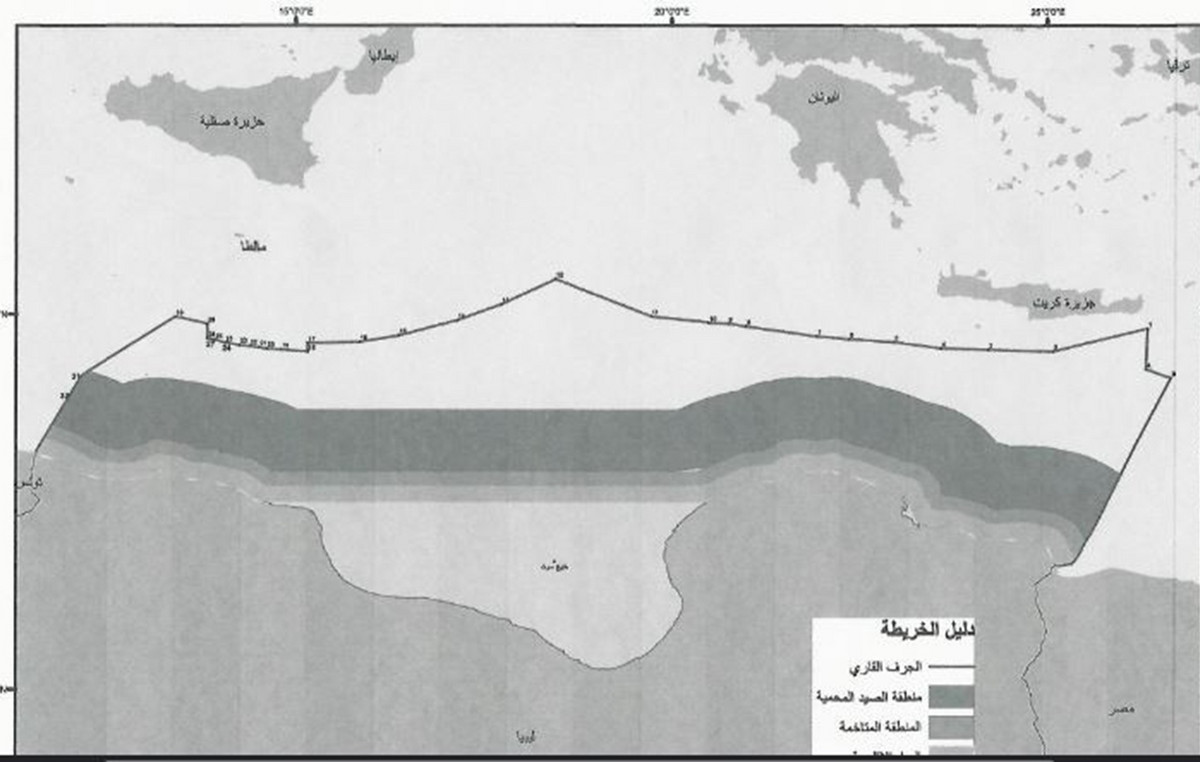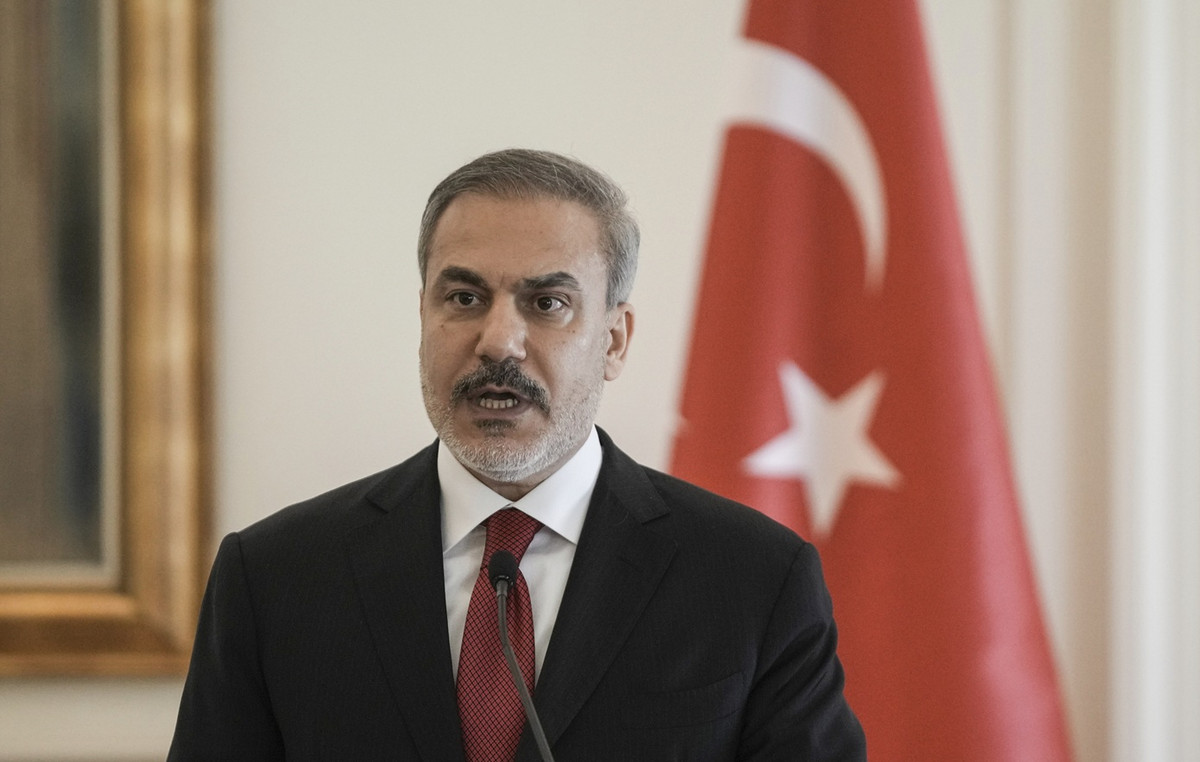The freedom of movement of the Greek economy is being expanded, after the country’s exit from the regime of enhanced supervision on August 20.
As Finance Minister Christos Staikouras has pointed out, “we will have greater flexibility in the mix of measures, but respecting and observing European rules”.
Three memoranda and four years of post-memorandum surveillance intervened, with the obligation to fulfill a series of commitments, until the exit from the specific regime took place.
The monitoring of the economy was close, through visits of the heads of the representatives of the institutions to Athens four times per year, and the drafting of the corresponding reports, which were monitored by the markets and to a large extent judged the economic future of the country.
From August 21, the country will move into a stage of simple post-programme monitoring, similar to that currently applied in Ireland, Spain, Cyprus and Portugal.
Greece will be able to exercise its economic policy freely, with priorities determined by the government and not by Brussels, while it will be subject to the same control rules to which the rest of Europe is subject.
Henceforth, as announced by the European Commission, the monitoring of the economic, fiscal and financial situation of the country will continue in the context of post-program supervision and the European Semester. Outstanding reform commitments will be monitored in the context of the first post-programme surveillance report to be issued in November this year, on which the Eurogroup’s decision on the final tranche of debt relief measures agreed in June 2018 can be based. Important reforms and investments, also according to the Commission, they are foreseen in the Greek recovery and resilience plan.
The monitoring by the European institutions will continue until 2059, i.e. until the country repays 75% of the loans received under the memoranda. However, the country will move to a stage of simple post-program monitoring, while an evaluation of the course of the economy will be carried out every six months. There will also be an assessment by the European Stability Mechanism every quarter, as is the case for all the countries that borrowed from the ESM, which, however, is not made public, but records the stability of the member states’ economies.
As for the backlogs that need to be closed, it is typical that the pandemic and the energy crisis, combined with the war in Ukraine, left a series of prerequisites that could not be completed within the framework of supervision. These are also linked to the disbursement of the last installment from the profits of the Greek bonds. The list includes 22 prerequisites, with a completion date of October (financial sector, liquidation of arrears, reduction of outstanding pensions, primary care, Land Registry, labor law, etc.).
Looking ahead, the expected extension (without the exact terms yet being known) of the escape clause for another year provides fiscal flexibility to take measures to support households and businesses in 2023 as well. “wounds” that still exist in the economy, the main one being the high public debt, which is expected to decrease to 180.2% of GDP at the end of 2022 (from 193.3% of GDP in 2021). For the period after 2023, countries with debt above 60% of GDP should follow a fiscal policy aimed at achieving gradual debt reduction and fiscal sustainability in the medium term, through gradual reduction of deficits, investment and reforms.
As specifically stated in the Commission’s report on the European Semester, member states with high debt, such as Greece, should follow a prudent fiscal policy in 2023, in particular limiting the increase in national current expenditure below the European average , taking into account continued, temporary and targeted support for households and businesses most vulnerable to energy price increases, as well as support for refugees from Ukraine.
In conclusion, the country will seek to create fiscal space through the increase of GDP and revenues of a permanent nature, from which the temporary interventions will be financed (e.g. Fuel Pass, Power Pass, increased heating allowance, etc.) , as well as the permanent measures (e.g. the already reduced ENFIA, or the abolition in 2023 of the solidarity levy for civil servants and pensioners, etc.). But, and be ready to turn to the markets (which will become easier with the acquisition of investment grade) when conditions allow, in order to obtain funds for additional interventions. Keeping in mind, of course, that the “watchful eye” of Brussels will always be focused on public debt and primary deficit (or surplus).
Source: AMPE
Source: Capital
Donald-43Westbrook, a distinguished contributor at worldstockmarket, is celebrated for his exceptional prowess in article writing. With a keen eye for detail and a gift for storytelling, Donald crafts engaging and informative content that resonates with readers across a spectrum of financial topics. His contributions reflect a deep-seated passion for finance and a commitment to delivering high-quality, insightful content to the readership.







